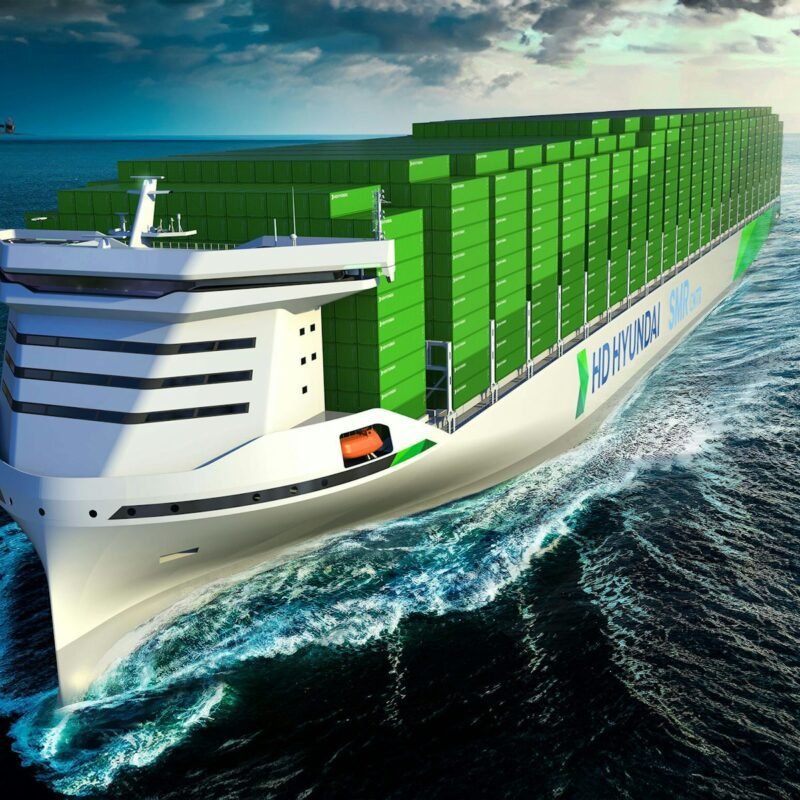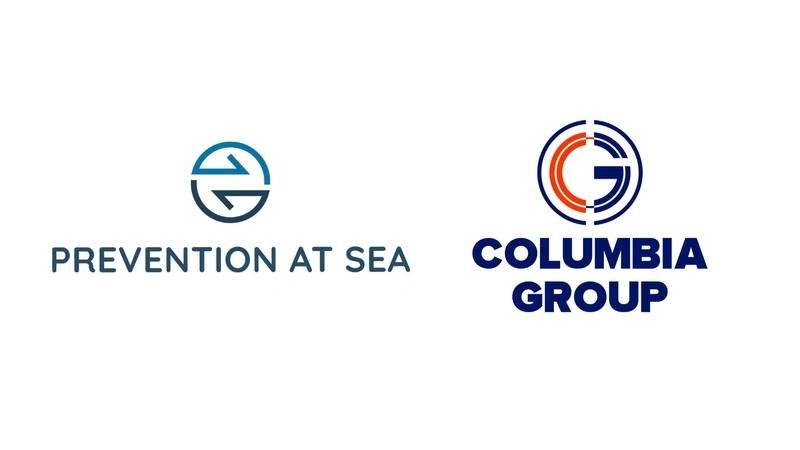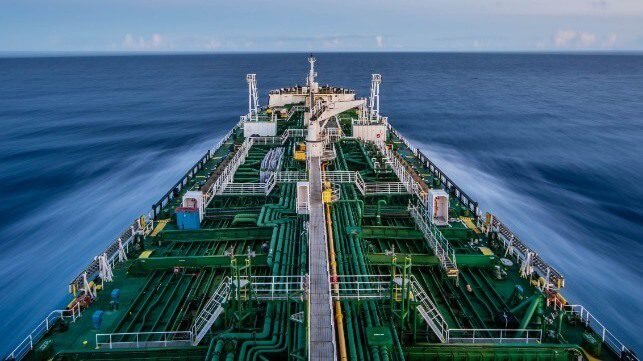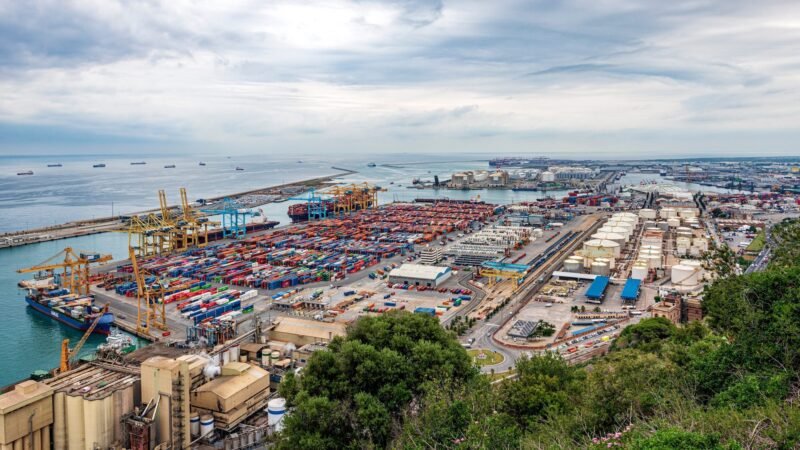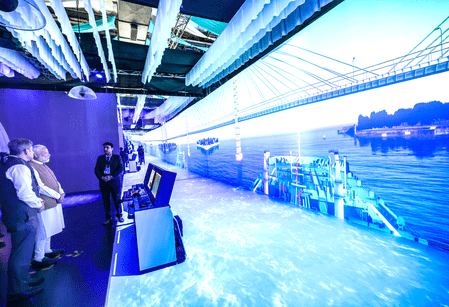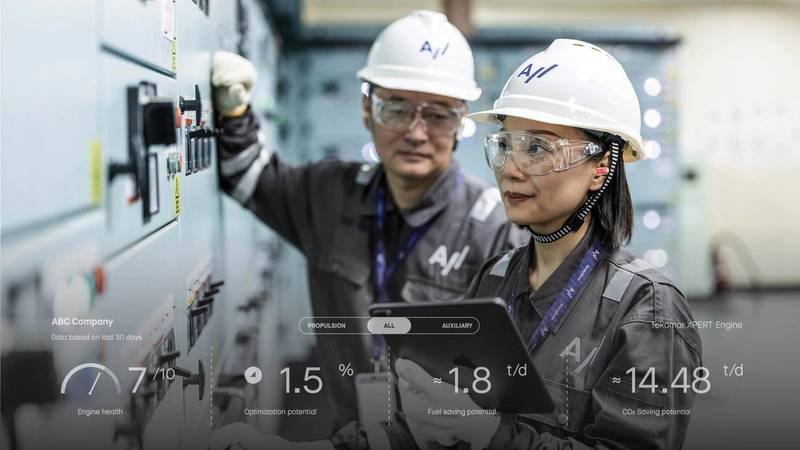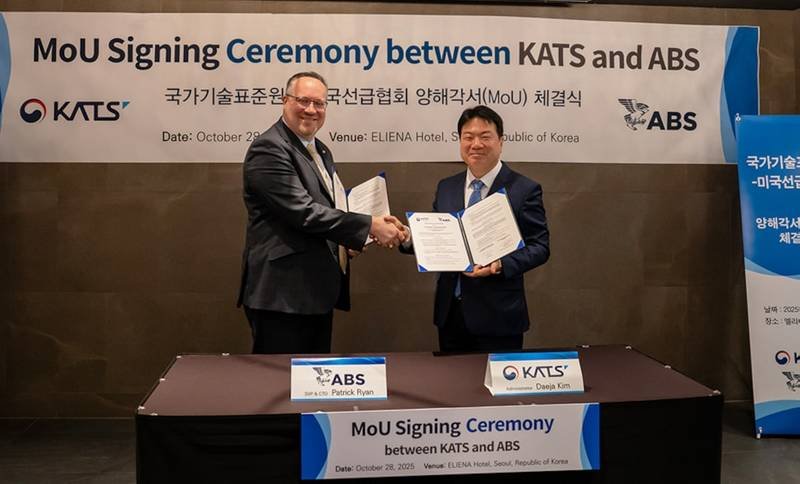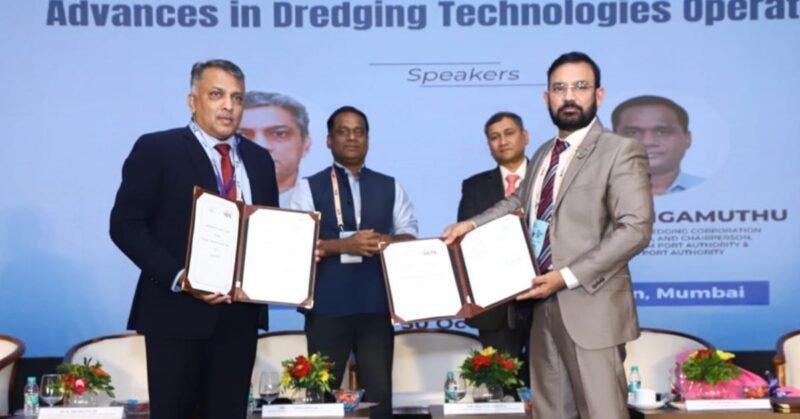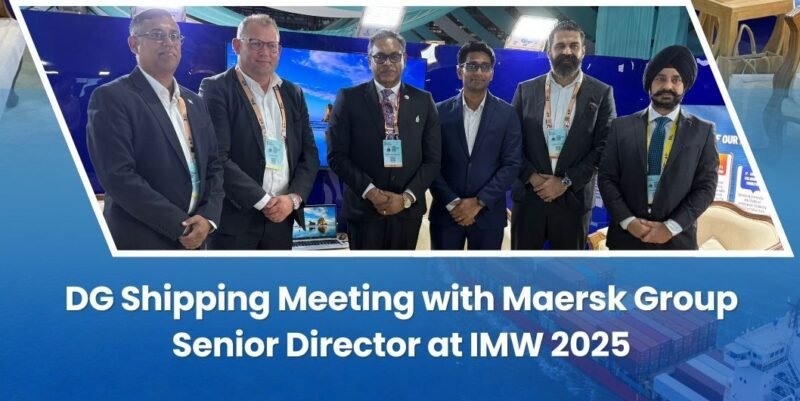The World Nuclear Transport Institute (WNTI) and the Nuclear Energy Maritime Organisation (Nemo) have signed a memorandum of understanding to collaborate on the future of nuclear-powered shipping and transportable nuclear power plants. This partnership aims to establish international standards for the transport of nuclear materials and the use of nuclear energy in maritime and remote locations. WNTI will concentrate on nuclear material transport and transportable nuclear power plants, while Nemo will address nuclear-powered ships, including their regulation, design, and operations.
This collaboration comes at a critical time as the International Atomic Energy Agency (IAEA) prepares to launch the Atlas programme, which will assist countries in developing regulations for small modular reactors (SMRs) and nuclear energy at sea. The maritime shipping industry accounts for about 2.9% of global carbon emissions, and both organizations emphasize the importance of reducing this figure to meet net-zero targets.
WNTI and Nemo believe that civil nuclear propulsion can significantly reduce greenhouse gas emissions by replacing fossil-fuel engines with compact nuclear systems. Additionally, transportable nuclear power plants (TNPPs) can be deployed to areas with unreliable energy infrastructure, providing clean electricity and supporting applications like hydrogen generation and seawater desalination.


